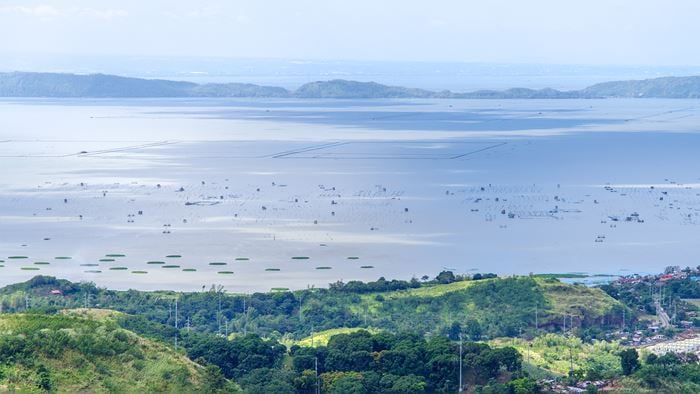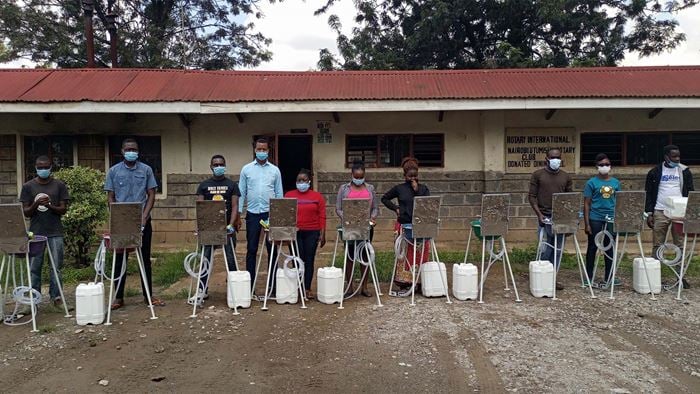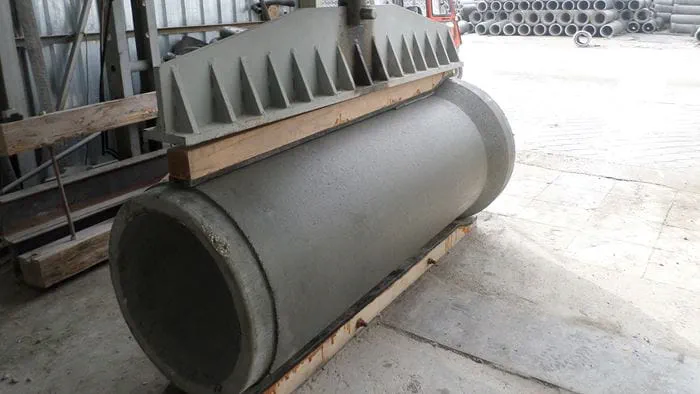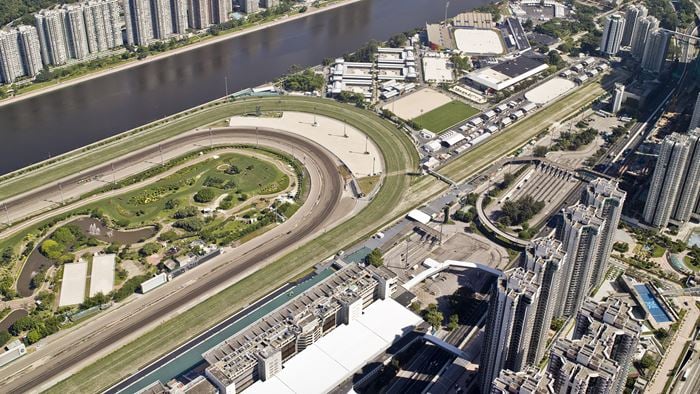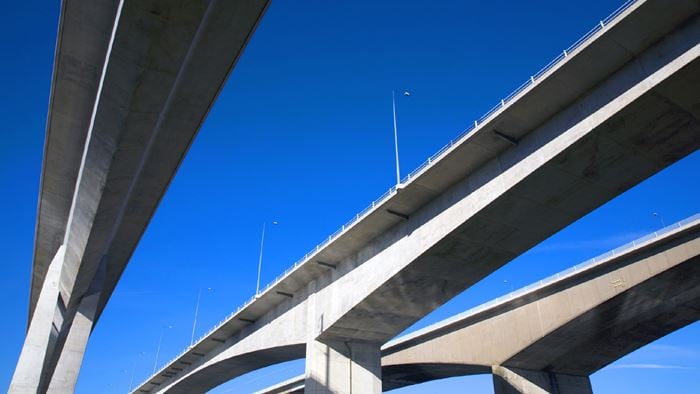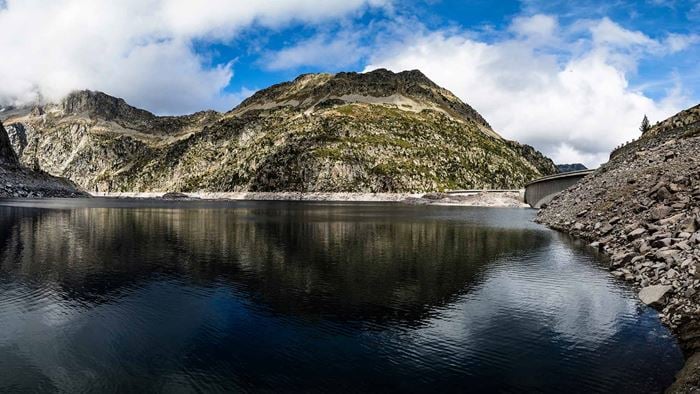Arup was appointed by Irish Water to deliver upgrade works to the sewerage schemes for two mid-sized agglomerations in the midlands and southwest of Ireland. The schemes, while similar in scale, present very different design challenges related to providing future-proofed and resilient processes for a 30-year design horizon.
Kenmare
Kenmare is one of Ireland's most popular tourist towns, situated on the Ring of Kerry. Tourist numbers to the area are substantial, creating a need for multiple food outlets in the town. The increase in numbers puts pressure on the existing plant which currently discharges into Kenmare Bay (bathing water status). The original Wastewater Treatment Plant (WwTP) was situated in the heart of the small town, making accessibility challenging. Increasing the capacity of the plant will require an assessment of the impact of associated traffic to import and export sludge loads and residuals by road through the busy centre of the town. Other challenges include provision of a robust solution for the existing network which is currently in poor condition with significant infiltration issues.
Nenagh
The design challenges for Nenagh are mainly related to the protection of the biological system from excess surface water, either in the form of (i) storm water ingress at the head of the works due to a lack of storm water management facilities, and (ii) increasing flood levels in the receiving water, meaning that the outlet pipe from the plant can become submerged during intense rainfall events, thus inhibiting free discharge and potentially surcharging the network. The effects of climate change, seen as significantly more severe storms, need to be addressed as part of the upgrade works at the plant.
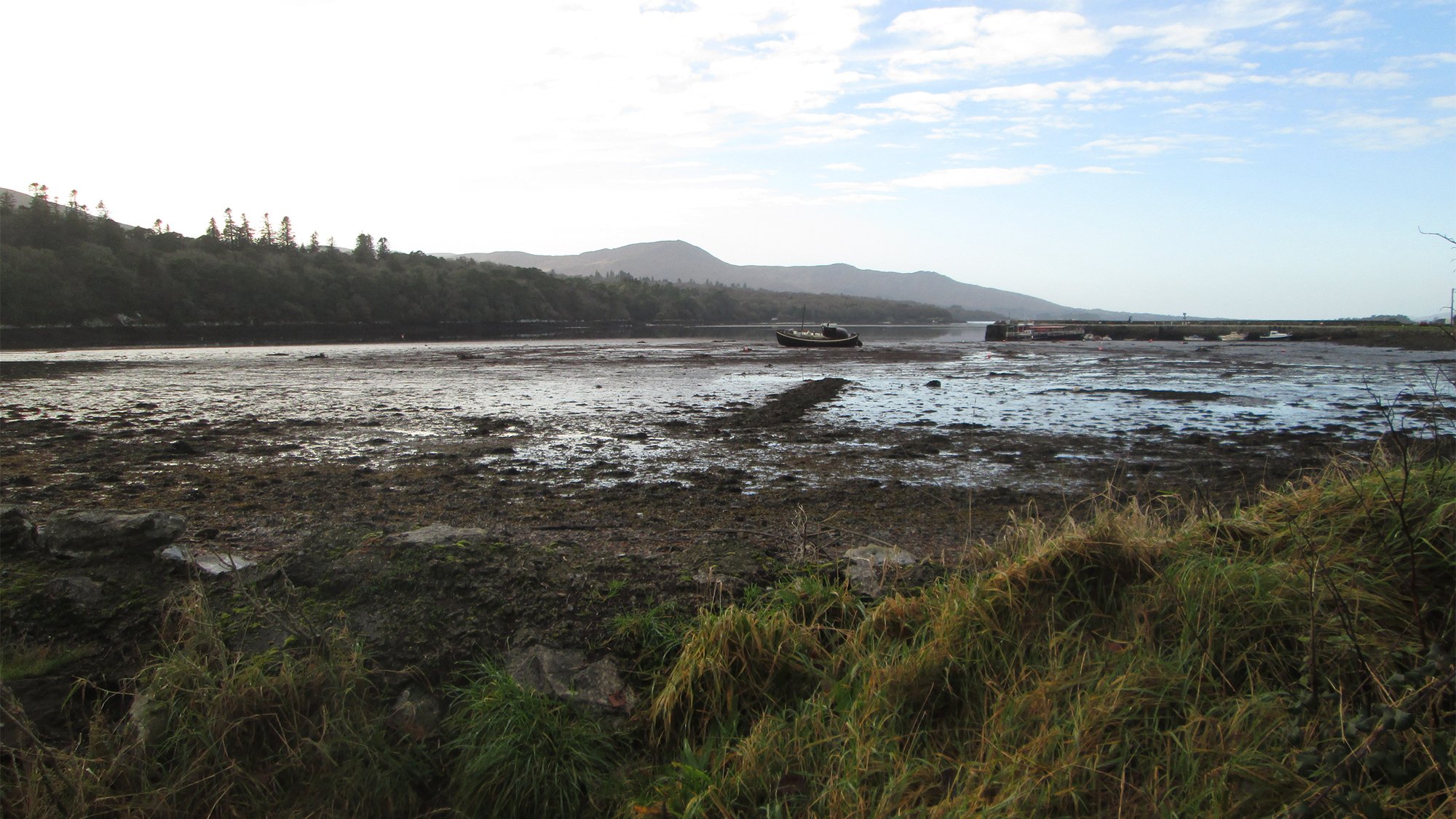 ;
;

